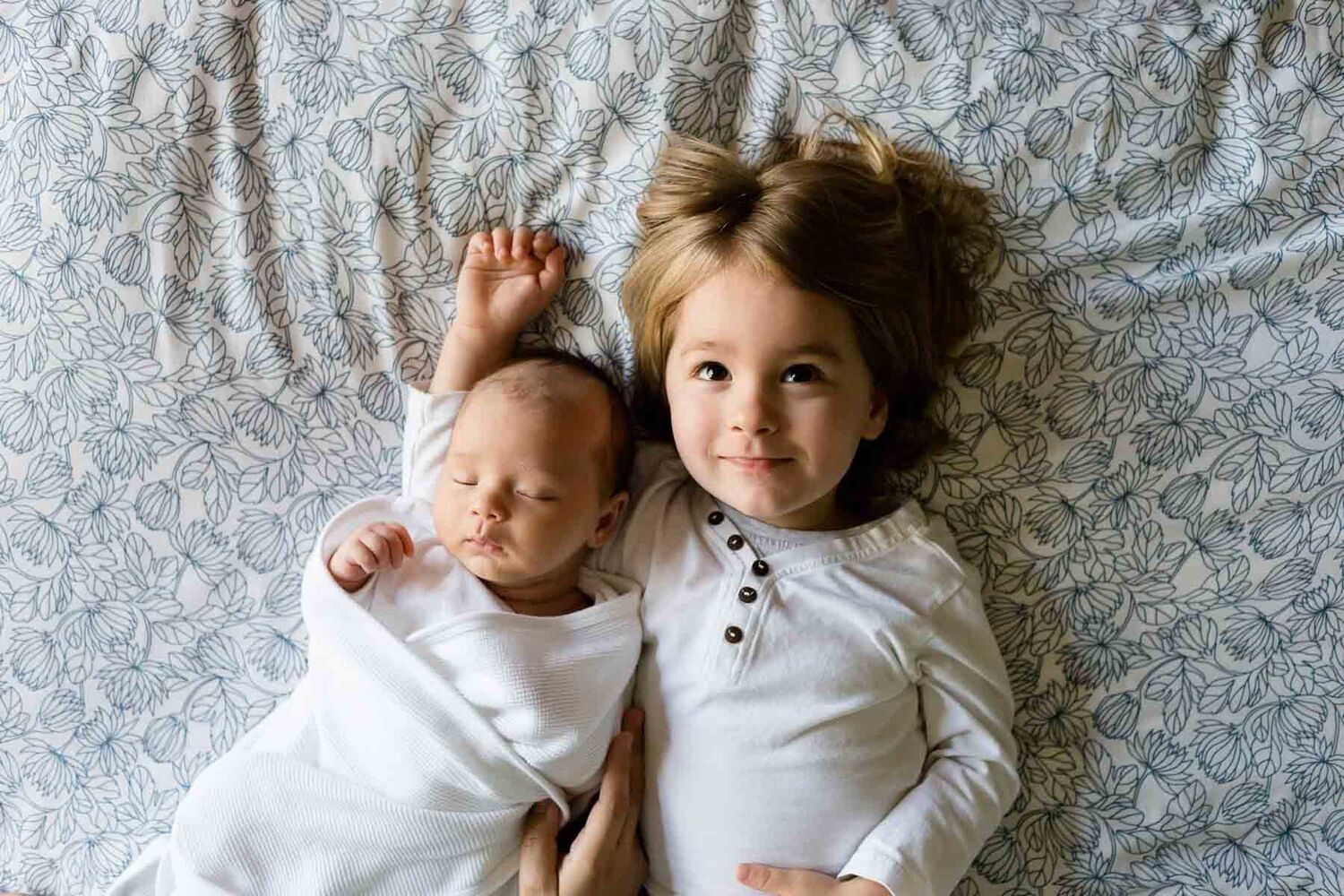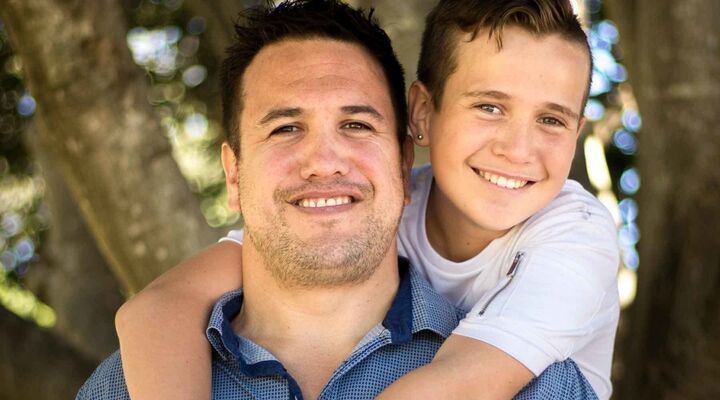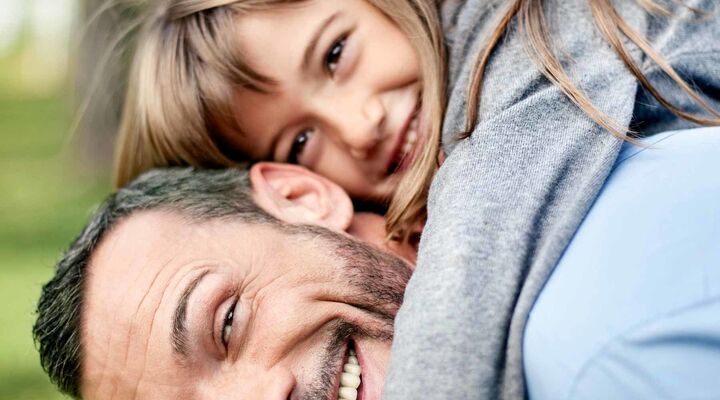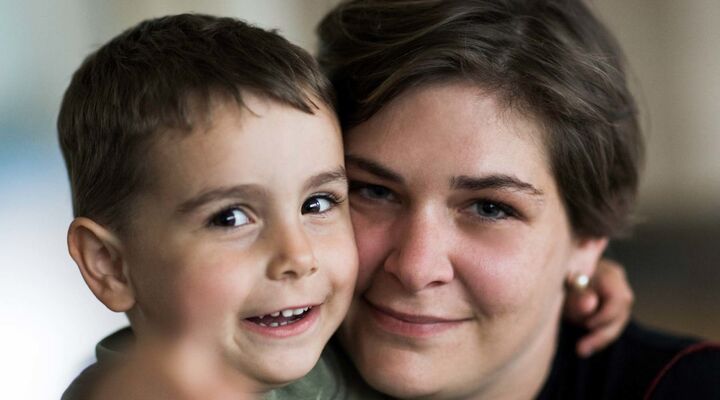The most common types of foster care are emergency, respite, short and long term. We also offer some specialist models such as therapeutic and live-in foster care.
Long term care
Long term carers provide much needed stability, safety and security for a vulnerable child or young person who cannot return home for a longer period, if at all. They may need support for a period of years, or until they reach adulthood.
Short term care
Short term carers generally care for a child for between one month to two years. There is usually a plan in place for the child to rejoin his or her birth parents or guardians, who receive support to improve their ability to care for their child.
Emergency care
Emergency carers care for children when their safety is at immediate risk. For this reason, emergency carers are often called on at short notice. The child stays for a short period (sometimes only one night) while a care plan is developed and a longer term placement can be found.
Respite care
Respite carers provide planned care for a child for a short period, typically one or two weekends a month. Respite carers provide crucial support for the child’s parents, guardians or regular foster carers, by giving them a break. Respite carers allow the child to experience a different home environment.
Live-in care
Live-in carers provide care and a supportive home environment in a MacKillop residential home for children and young people (up to three at a time) with more complex needs. Live-in carers provide practical day-to-day support and see to each young person’s living needs. Learn more about live-in foster care or our live-in youth mentor role.
Kinship care (NSW and WA only)
Kinship carers are family relatives or members of a child’s social network, community, or connection that provide care and stability for children who cannot live with their parents. The social familiarity of kinship care helps prevent trauma of being placed in unfamiliar environments and promotes family preservation.
Guardianship (NSW only)
Guardianship carers are long term carers that have full parental responsibility for a child or young person until they reach the age of 18. Guardianship carers provide permanency, stability and safety, and maintain legal ties to the child or young person’s birth family.
Permanent care (VIC only)
Permanent carers provide vulnerable children with a secure, enduring and supportive environment where they are no longer able to live with their birth family or relatives. Permanent carers are responsible for both day-to-day care and long term decisions, and placements are made under legal agreements.
Frequently asked questions about foster care
Do I need to have a spare bedroom?
Yes. It’s important that children coming into a foster carer’s home have their own space. We require carers to have one spare bedroom that has a window and door. The only exception to this is when caring for babies under the age of 18 months.
Can I apply to foster babies but not older children?
Yes, however there needs to be a full time carer at home with the baby. This is important because babies have already experienced the trauma of separation from their family, so placing them in childcare is not in their best interest.
I’m only interested in adoption or permanent care. Is this an option?
This depends on whether you’re located in Victoria, NSW or WA as the legislation varies between states.
In Victoria, foster care is geared towards reuniting children with their birth families. If you’re interested in adoption or permanent care in Victoria you’re best to contact Fostering Connections on 1800 013 088 to ask about agencies which provide permanent care options.
Foster care in WA operates very similar to how it does in Victoria. If you’re interested in adoption or permanent care, please contact the Department of Child Protection (DCP) on 1800 182 178. There are options for permanent care or guardianship in NSW with MacKillop. Please enquire online or call us on 1300 791 677 to find out more.
What training do I have to do?
If you have a partner, both of you will need to complete training with MacKillop. This involves two full days of classroom hours.
What happens after training?
Training is followed by an assessment period where MacKillop staff come to your home to discuss a series of topics to determine if you are suitable to provide care to vulnerable children and young people. The assessment phase usually entails 3-5 interviews in your home.
I’m interested in foster care but I’m single and work full time?
Whether you’re in a relationship or single is not important. Whether you can provide a safe and loving home is the most important thing. Working full time is not a barrier to becoming a foster carer, however some flexibility with your work is required.
I am a member of the LGBTIQA+ community. Can I be a foster carer?
Yes. We welcome lesbian, gay, bisexual, trans, gender diverse and intersex people at our services. Children in care may also identify as LGBTIQA+ and require carers who are understanding, accepting and nurturing of their identity.





